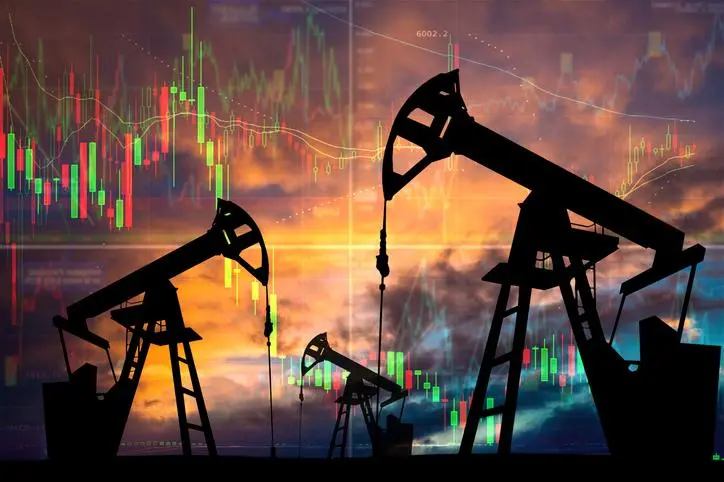PHOTO
The “new normal” arising due to COVID-19 disruptions will hinder the crude oil market’s recovery during 2021 and even beyond, according to Raid Al-Salami, Managing Director, Dubai Mercantile Exchange (DME), the premier energy-focused commodities exchange in the Middle East.
In an interview with Zawya, Al-Salami said COVID-19 had disrupted oil market fundamentals like never before, and the latest developments around the COVID-19 vaccine trials and their impact are a very important subject for the market.
MURBAN FUTURES TO STRENGTHEN U.A.E.’S POSITION
The DME is home to Oman Crude Oil Futures Contract (DME Oman), the world’s third crude oil-pricing benchmark after Brent and WTI, and the first in the Middle East. Since its inception, DME Oman has increased traction in the Middle East and Asia to become the main futures pricing benchmark for Middle East crude oil exports to the East of Suez market.
In March 2021, the Intercontinental Exchange (ICE) is expected to launch the world’s first Murban crude oil futures contract at an exchange in neighbouring Abu Dhabi. When it launches, Murban futures will be the second physically delivered futures contract traded on a regional exchange in the Middle East.
Al-Salami said that such a launch would enhance the UAE’s global presence, strengthening its position as an energy derivatives trading centre. “New York, London and Singapore are historically the major global energy trading hubs in terms of trading and price discovery. However, the UAE is a very close fourth, and with the addition of a new light sweet crude oil benchmark alongside the DME’s sour crude benchmark, this can only enhance the UAE’s global presence and its trading solutions as a derivatives trading centre.”
“Murban is a light sweet crude, whereas Oman is a medium sour crude, so given the quality differences, Murban and Oman futures contracts are very complimentary to each other,” he added.
He also noted that global light sweet crude in Asia is generally priced against European Brent benchmarks, so Murban could potentially give the market a better reflection of fundamentals for exports of light sweet grades from the Middle East to Asia than the historical European pricing reference.
FOCUS ON PARTNERSHIPS
Discussing the outlook for 2021 and the next stage of growth for DME Oman, Al-Salami said that the DME will continue to forge ahead with plans to expand energy futures trading in the region and beyond.
“We are working with a number of regional strategic partners and local authorities to expand awareness and education on the importance of utilizing futures products, such as the DME Oman benchmark, to manage price risk and protect firms’ exposure during volatile market conditions,” he said.
PLANS TO BOOST VOLUME
Al-Salami said that the DME is working on many strategies to attract more participation from regional investors and traders and to boost trading volume on the exchange. For instance, the DME will continue to build awareness of the Middle East oil derivatives market not only in the region but also in the Far East, thus creating greater awareness of the benchmark amongst global investors and regional national oil companies (NOCs).
“The DME continues to work closely with partner exchanges in Asia to enhance the crude oil trading ecosystems between Middle Eastern and Asian trading communities to provide traders with solutions to manage price risk,” he added.
OUTLOOK FOR DME OMAN IN 2021
Al-Salami added that despite low crude oil prices this year, the DME Oman oil benchmark has been a clear market leader in terms of price direction. For instance, he said, DME Oman’s values rebounded in the second quarter before similar price gains were registered in Europe or the US.
He also noted that NOCs from Oman, Dubai, Saudi Arabia, Kuwait, and Bahrain are using the benchmark to set the outright prices of their sovereign crude supply exports to Asia. Further, DME Oman futures already sets the price for more than 5 million barrels per day of Middle East crude exported to Asia.
(Reporting by Sunil Kumar Singh; editing by Seban Scaria)
Disclaimer: This article is provided for informational purposes only. The content does not provide tax, legal or investment advice or opinion regarding the suitability, value or profitability of any particular security, portfolio or investment strategy. Read our full disclaimer policy here.
© ZAWYA 2020





















